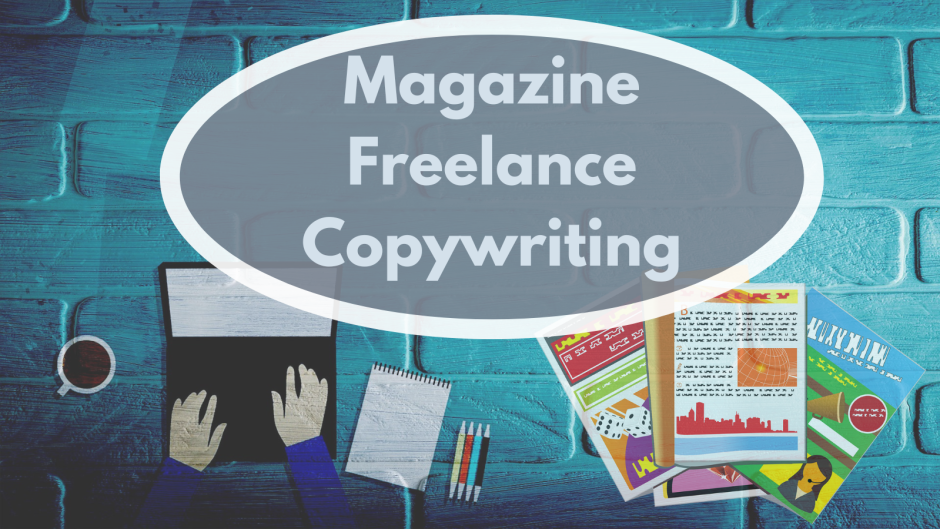As a writer, it’s always important to recognize your value. This isn’t just about appreciating your level of talent. There’s also tangible worth to your words. Intellectual property (IP) — in this case, your literary creations — can have significant financial worth.
This is something that extends beyond monetizing publishing and distribution rights. Many movie studios are on the lookout for the next potentially profitable IPs to option for movies, TV shows, and other media. Unfortunately, unscrupulous people also recognize the value of your IP. As a result, it may be at risk of misuse or plagiarism, particularly if you’re regularly posting content online in blogs and other media.

Copyright Protections
Copyright is one of the most powerful tools you have as a writer to protect your IP. However, it’s also one of the elements that too many writers don’t fully understand.
So, what is copyright? Well, the way of asserting that you are the creator or owner of a work in a legal sense. It’s designed to prevent disputes over who produced a work and therefore owns the rights associated with it. If you own the copyright, not only can you sell, distribute, and license the work and derivatives of it. It also means that if somebody uses your work without permission, you can issue cease and desist notices and pursue lawsuits for compensation.
There are exceptions, though. While your idea for a character or work might feel like your IP, it is not usually recognized as such legally. You can only copyright a fixed — meaning permanent enough to distribute or reproduce — work. There are also fair use exemptions, which in itself is fairly complex. However, you may find it difficult to defend your IP when people create parodies of your work or use it in news content.
Technically speaking, you gain copyright over your work as soon as it’s created. However, you’ll find you have a stronger case if you need to pursue a lawsuit against someone stealing your IP if you register your copyright with the U.S. copyright office or via an attorney. This creates a clear record of who created an IP and when.
Safeguards During Collaborations
Protecting your IP can be relatively straightforward when you’re a writer working on your own. But in collaborative situations, you might be working on concepts with publishers. Movie and TV production studios will also often put together writer’s rooms to collaborate on creating scripts. With various people involved, this can muddy the waters of who owns IP and how you can protect it.
Your best approach here is to work with your collaborators to establish clear boundaries here. No matter who you’re working with, take the time to talk about who owns the material you produce during sessions. Ask for clarity about whether it’s a work-for-hire situation where the studio owns all materials, or whether you keep work that is unused in the final product.
Particularly in the case of materials that are unused in the final product, one way to help safeguard your IP is to get evidence that you created it. Reliable team collaboration management software can be an effective tool here. These don’t just support smooth project communication. They also tend to keep track of what tasks specific project contributors perform. There’s usually a date stamp for when you upload documents and perform tasks, too. In essence, you’re creating a record of what you provided and when. This can help safeguard against other collaborators claiming your IP as theirs.
Seeking Legal Assistance
There’s only a certain amount you can do individually to protect your IP when it’s stolen. Yes, you can issue a direct complaint to the person breaching the property or send a form cease and desist notice. However, you’ll have more impact when you’re supported by an experienced copyright attorney.
Part of the benefit here is that they can do a lot of the leg work on your behalf. They’ll have professional-level cease and desist letters that they can issue and — importantly — follow through on. They also know the most effective ways to gather a packet of evidence when petitioning the courts if you seek compensation.
Additionally, your attorney may use advanced technology to protect your IP. Some law firms are starting to utilize artificial intelligence (AI) to perform a range of tasks. AI-powered legal assistance platforms can analyze legal texts to identify information or precedents most relevant to support your lawsuit. Some AI software will swiftly and accurately scan contracts to spot unusual or unfair terms related to your IP. However, it’s important to make certain the lawyer
you collaborate with uses such tools ethically and that they do their due diligence to verify the work of their AI tools.
Conclusion
Protecting your IP can take some work, but it’s vital if you want a sustainable writing career. This should include registering your copyright and potentially collaborating with an attorney in theft or plagiarism cases. Even if you’re at a relatively early stage of your career, don’t think your work isn’t suitable for protection. There may be a kernel of something in your work that needs to be nurtured over time. Taking steps to safeguard it now empowers you to utilize it to its fullest in the future.

Amanda Winstead is a writer from the Portland area with a background in communications and a passion for telling stories. Along with writing she enjoys traveling, reading, working out, and going to concerts. If you want to follow her writing journey, or even just say hi you can find her on Twitter.



 We love helping your growing in your writing career.
We love helping your growing in your writing career.
No Comments